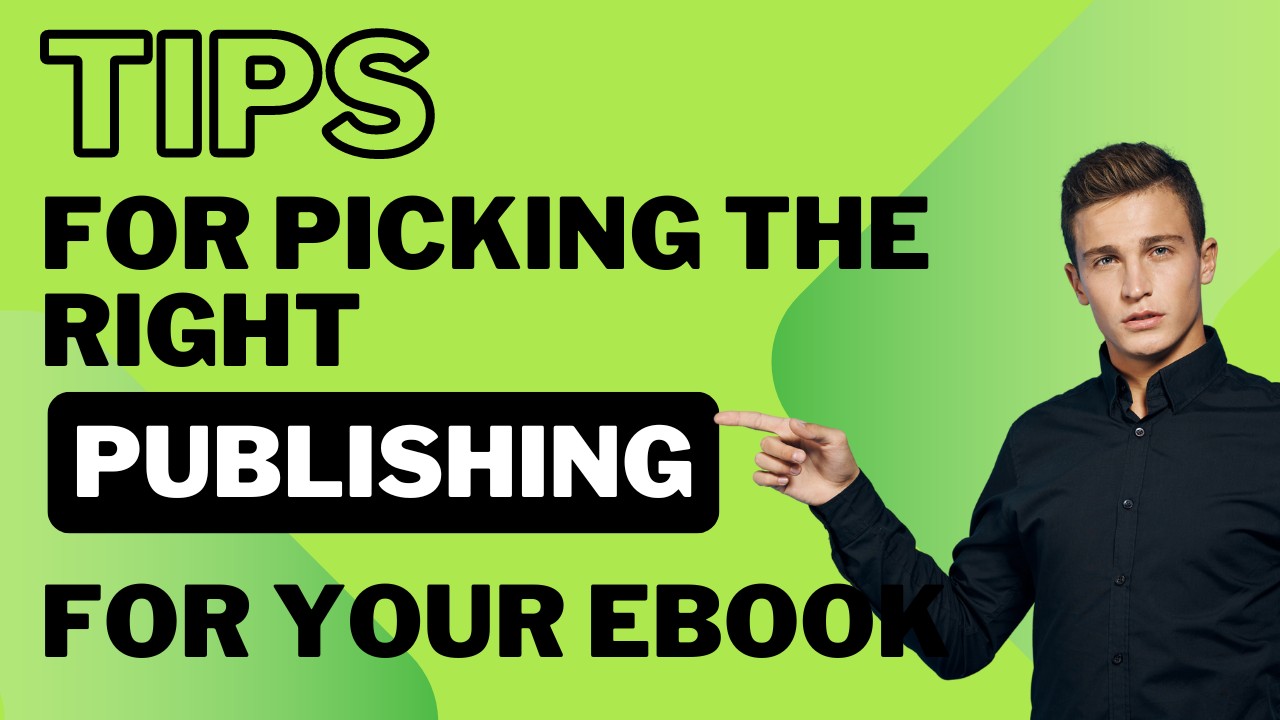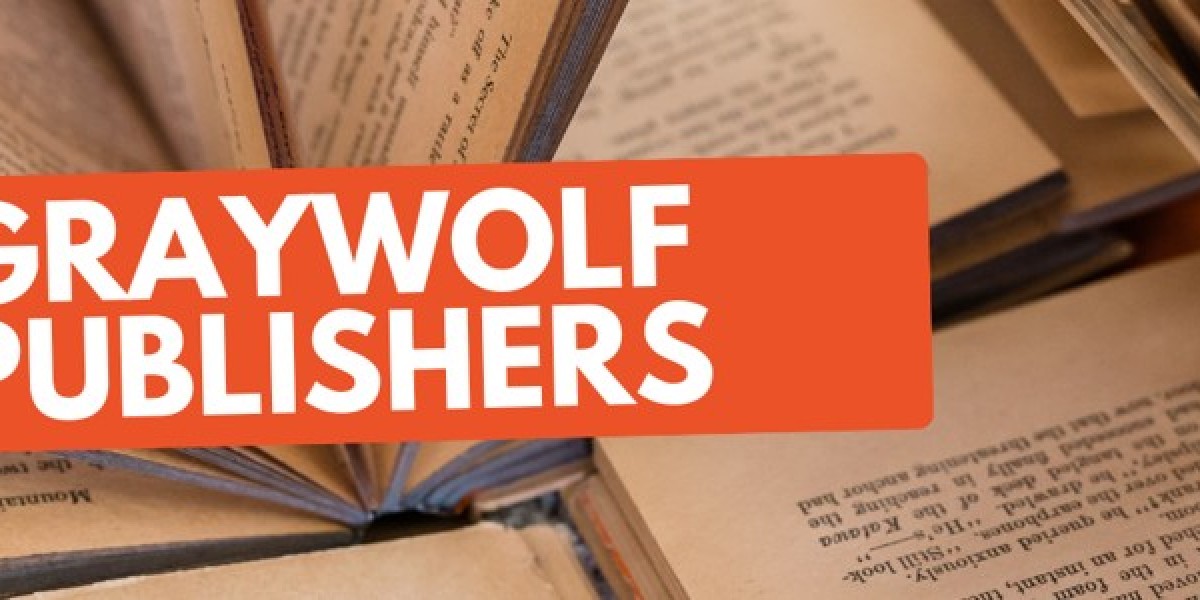
Choosing the right publishing company for your eBook is crucial to its success. With countless options available, it can be overwhelming to determine which publisher will best support your goals. This guide offers practical tips and insights to help you make an informed decision.
1. Understanding Your Publishing Options
1.1 Traditional Publishing
Traditional publishing involves submitting your manuscript to a publishing house that handles the editing, design, and marketing. This option provides extensive support but can be highly competitive.
1.2 Self-Publishing
Self-publishing gives you full control over the publishing process, including design, marketing, and distribution. While it requires more effort on your part, it offers greater flexibility and potential for higher royalties.
1.3 Hybrid Publishing
Hybrid publishing combines elements of traditional and self-publishing. Publishers offer professional services while allowing authors to maintain more control and share costs.
2. Identifying Your Goals
2.1 Define Your Objectives
Before selecting a publisher, clarify your goals. Are you looking for broad distribution, high royalties, or creative control? Understanding your objectives will guide your decision.
2.2 Assess Your Target Audience
Consider the audience you want to reach. Some publishers specialize in niche markets, while others have a broader focus. Choosing a publisher that aligns with your target audience is essential.
3. Evaluating Publisher Reputation
3.1 Research the Publisher’s Track Record
Investigate the publisher’s history and success rate. Look for published eBooks in your genre and check their performance in terms of sales and reviews.
3.2 Read Author Testimonials
Seek feedback from authors who have worked with the publisher. Testimonials can provide valuable insights into the publisher’s reliability and support.
4. Reviewing Services and Support
4.1 Editorial Services
Ensure the publisher offers comprehensive editorial services, including proofreading, editing, and formatting. High-quality editing is crucial for a professional eBook.
4.2 Design and Formatting
Check if the publisher provides professional design services for your eBook cover and interior layout. A well-designed eBook can significantly impact its success.
4.3 Marketing and Promotion
Evaluate the publisher’s marketing strategies. Effective promotion is key to reaching readers, so consider the publisher’s track record in this area.
5. Understanding the Financial Aspects
5.1 Royalties and Payments
Examine the royalty structure and payment terms. Ensure the terms are fair and transparent, and understand how royalties are calculated and paid.
5.2 Costs and Fees
Be aware of any upfront costs or fees associated with publishing. Some publishers may charge for certain services, so clarify all financial aspects before committing.
6. Contract Terms and Conditions
6.1 Review the Publishing Agreement
Carefully review the contract to understand the rights and responsibilities of both parties. Pay attention to terms related to royalties, rights, and duration of the agreement.
6.2 Seek Legal Advice
Consider consulting a lawyer specializing in publishing contracts. Professional advice can help you navigate complex terms and ensure your interests are protected.
7. Assessing Publisher Experience and Expertise
7.1 Experience in Your Genre
Choose a publisher with experience in your genre. Publishers familiar with your type of eBook are more likely to have the expertise needed to effectively market and distribute it.
7.2 Professional Network
A publisher with a strong professional network can offer additional opportunities for promotion and distribution. Evaluate the publisher’s connections within the industry.
8. Communication and Responsiveness
8.1 Evaluate Communication Channels
Ensure the publisher has clear and open communication channels. Effective communication is crucial for a smooth publishing process.
8.2 Test Responsiveness
Gauge the publisher’s responsiveness during the initial stages of contact. Prompt and helpful responses can be an indicator of the level of support you can expect.
9. Exploring Additional Resources
9.1 Author Platforms and Communities
Research whether the publisher offers access to author platforms or communities. These resources can provide valuable networking and promotional opportunities.
9.2 Training and Workshops
Some publishers offer training or workshops for authors. These can be beneficial for understanding the publishing process and enhancing your skills.
10. Making Your Decision
10.1 Compare Your Options
Weigh the pros and cons of each publisher you’re considering. Compare their services, support, financial terms, and reputation to make an informed choice.
10.2 Trust Your Instincts
Ultimately, choose a publisher that aligns with your goals and values. Trust your instincts and select the publisher that feels like the best fit for your eBook.
Conclusion
Selecting the right publishing company for your eBook is a critical step in your publishing journey. By understanding your options, evaluating publishers based on their reputation and services, and carefully reviewing financial and contractual details, you can make an informed decision that sets your eBook up for success. Remember, the right publisher will support your goals and help you reach your target audience effectively.


